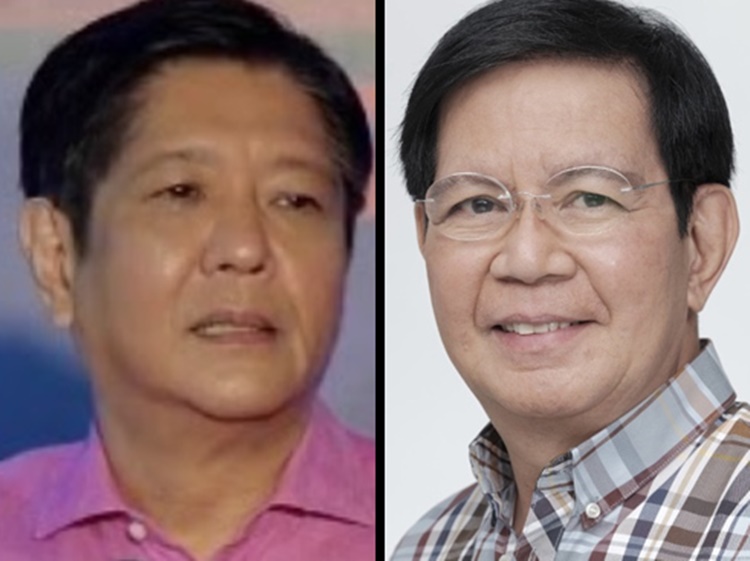The Philippine National ID system, once hailed as a solution to streamline public and private services, has been a complete disaster. From the get-go, this program was riddled with incompetence and lack of foresight. The Philippine Statistics Authority (PSA) and the Department of Information and Communications Technology (DICT), the agencies responsible, failed spectacularly in implementing it. The roadmap was unclear, execution was botched, and the delays were excruciating, with citizens waiting years to get their IDs. For something that was supposed to simplify our lives, it ended up becoming a bureaucratic nightmare, emblematic of everything wrong with our government.
Instead of dealing with this trainwreck, why not implement something that actually works? Look no further than the Social Security System (SSS) number. A comprehensive reform of the SSS program could be the answer to the National ID’s epic failure. Parents should be able to apply for an SSS number for their children right at birth, similar to the United States’ Social Security Number (SSN) but tailored to Filipino society’s unique needs. This SSS number could then serve as a person’s all-in-one identification. Why should we have 15 different IDs for every basic thing when a single number could cover it all?
This SSS number could replace the failed National ID system altogether, simplifying government processes and eliminating the need for countless different IDs. The problem with the National ID was that it was destined for failure from the start. There was no solid plan for how it would be implemented, and the PSA and DICT seemed utterly clueless about how to execute it properly. People waited years for IDs that should’ve taken months at most. And don’t even get me started on the poor handling of data breaches, such as the recent hack of the PSA’s system.
Beyond the SSS number, let’s also talk about the Tax Identification Number (TIN). Filipinos need a TIN to work or run a business, but getting one is another bureaucratic ordeal. A simple reform could automatically allow K12 graduates to obtain their TIN, so they’re job-ready right out of school. Why make things harder for job seekers? If we really cared about economic mobility, we would make these processes seamless.
This country’s bureaucratic mess has reached absurd levels. It’s insane to think that to apply for an ID, you need two valid IDs, and you can’t get those IDs unless you have other valid IDs. How stupid is that? No wonder nothing gets done in this country—our leaders have made it a living hell just to apply for basic documentation. And this nonsense doesn’t stop there. We have a ridiculous number of IDs—driver’s license, voter’s ID, passport, postal ID, barangay clearance, etc.—all because the government can’t figure out a single, cohesive system.
We need leaders who don’t make the lives of Filipinos even worse with every misguided “solution” they attempt to roll out. Instead of this constant cycle of incompetence and confusion, how about we simplify things for once? Consolidating all essential IDs into a single, unified SSS number would drastically cut down the bureaucratic headaches every Filipino endures.
This is not rocket science—it’s common sense. But unfortunately, common sense seems to be a rare commodity among our so-called leaders. Instead of wasting time with convoluted systems like the National ID, the government should focus on simplifying the entire identification process. Filipinos are fed up with the endless hoops they have to jump through just to function in society. We need change, and we need it now, not the half-baked garbage we’ve been getting.
So here’s the shoutout to the government: stop making things harder for us. We need a complete overhaul of this identification system, and the SSS number is the way to go. Do your damn job and simplify the process for once, or step aside and let someone competent take over. Enough with the stupidity.
——————————————–
Rafael “Raffy” Gutierrez is a veteran Technology Trainer with over 25 years of experience in networking, systems design, and diverse computer technologies.




